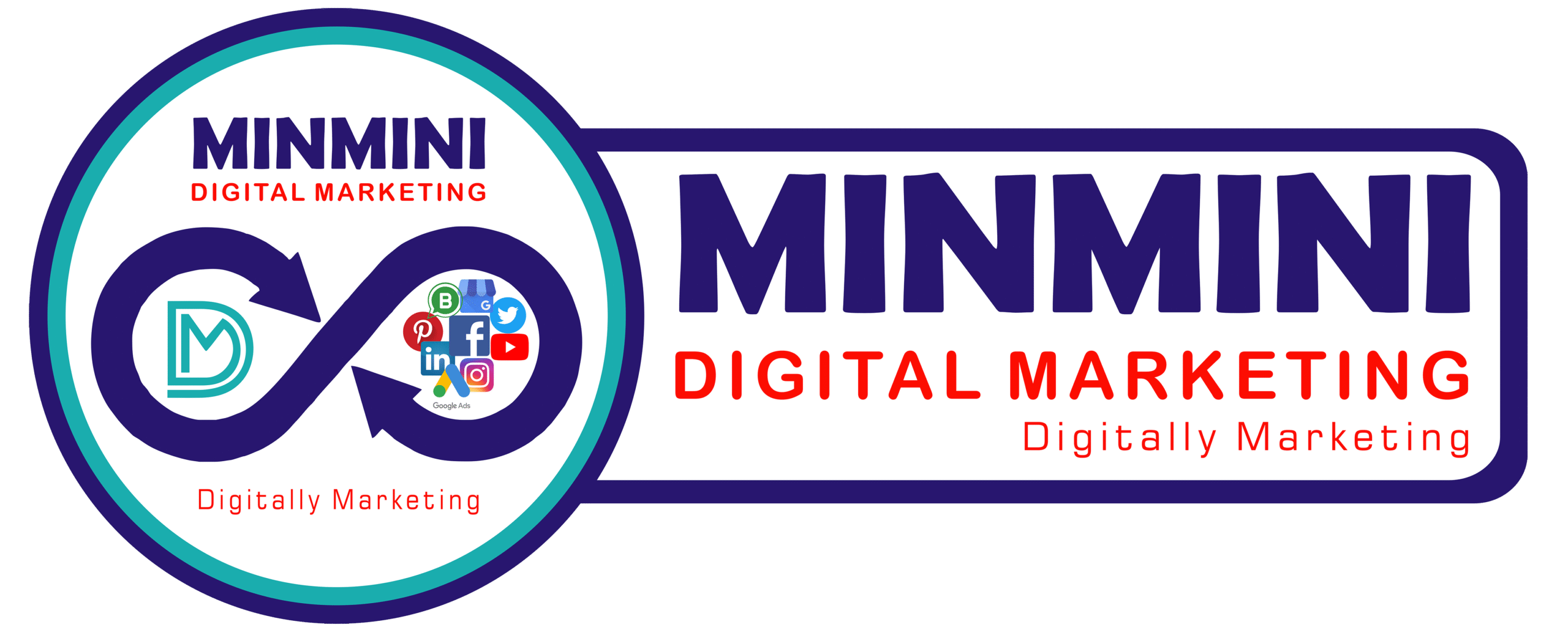How Social Media is Shaping the Future of Healthcare Marketing
The healthcare industry is undergoing a significant transformation, and social media has emerged as a game-changer in connecting healthcare providers, patients, and information. Once solely a means of social interaction, social media now plays a central role in healthcare marketing, helping providers build trust, communicate openly, and create meaningful relationships with patients. This article delves into how social media is shaping healthcare marketing and why it’s a vital tool for the future of the industry.
1. The Evolution of Social Media in Healthcare
Social media’s role in healthcare marketing has evolved from basic brand promotion to engaging patients, educating the public, and providing crucial information on demand. Healthcare organizations now recognize social media as a dynamic platform that not only drives brand awareness but also boosts engagement and promotes patient education. Today, social media channels are designed to offer more transparency, foster patient trust, and allow for two-way communication, paving the way for a collaborative and informed healthcare experience.
2. Building Trust and Transparency
Transparency is essential in healthcare. By using social media, healthcare brands can share credible information, dispel myths, and give patients a direct view of their practices, values, and commitment to quality care. Social platforms like Facebook, Twitter, and LinkedIn enable healthcare providers to showcase real-life patient testimonials, live Q&A sessions with medical experts, and behind-the-scenes glimpses of healthcare facilities, helping to build a stronger connection with their audience.
3. Patient-Centered Engagement
Engagement on social media has moved beyond typical promotions, encouraging patient-centered content that resonates with specific needs and interests. This shift includes sharing relatable, educational content that addresses common health concerns, trending wellness topics, and preventative health tips. Such patient-centered approaches foster a sense of empathy, allowing healthcare brands to connect with their audiences on a more personal level.
4. Increasing Accessibility of Health Information
With billions of people active on social media, healthcare providers can reach a larger, more diverse audience by sharing essential health information quickly. For instance, during the COVID-19 pandemic, social media became a vital resource for public health updates, vaccine information, and mental health support. Social media platforms help healthcare organizations break down barriers to information, making it accessible to individuals who may not frequently visit healthcare facilities or have easy access to traditional health information sources.
5. Enhanced Patient Education
Educating patients is a priority in healthcare, and social media makes this easier and more engaging. Healthcare organizations share infographics, videos, articles, and interactive content to help patients understand their conditions, treatment options, and preventative measures. By simplifying complex medical information, social media aids in enhancing health literacy and empowering patients to make informed decisions about their care.
6. Leveraging Influencers in Healthcare
Healthcare influencers, such as doctors, nurses, and medical experts, can effectively amplify a healthcare provider’s reach and credibility. Influencers play an essential role by sharing authentic experiences, reviewing healthcare products, and advocating for certain health practices, which resonates with their followers. Collaborating with reputable influencers can increase a healthcare brand’s visibility, especially among younger, tech-savvy audiences who trust social media personalities.
7. Real-Time Patient Support and Community Building
Social media platforms allow healthcare organizations to engage with patients in real-time. By hosting live sessions, answering questions in comments, and offering round-the-clock support, healthcare brands create a supportive community that meets patients’ needs almost instantly. Communities built around health topics, such as mental health or chronic disease management, provide patients with peer support, reducing feelings of isolation and encouraging them to actively manage their health.
8. Data-Driven Insights for Tailored Marketing
Social media generates vast amounts of data that can be analyzed to understand patient behaviors, preferences, and demographics. Healthcare providers use these insights to create targeted marketing campaigns that speak directly to specific patient groups. Understanding patient interests through analytics can help healthcare brands craft personalized messages, ultimately improving patient engagement and satisfaction.
9. Crisis Management and Public Relations
Social media plays a critical role in crisis management and public relations, allowing healthcare brands to respond quickly to emergencies or misinformation. For instance, during a health crisis, providers can use social media to share updates, address public concerns, and counteract false information. By taking a proactive approach to communication, healthcare organizations can maintain their reputation and reassure the public in times of uncertainty.
10. Future Trends in Healthcare Social Media Marketing
The future of healthcare marketing will see continued advancements as social media evolves. Some of the emerging trends include:
- AI-driven Chatbots for Instant Support: Chatbots on social media platforms will assist patients with questions, appointments, and even preliminary diagnostics, improving the efficiency of healthcare marketing.
- Augmented Reality (AR) and Virtual Reality (VR) Experiences: VR/AR technology will allow patients to virtually explore healthcare facilities or interact with treatment simulations, offering a more immersive experience.
- Personalized Health Recommendations: Algorithms on social platforms will offer more personalized health recommendations based on users’ interactions and interests.
- Increased Focus on Mental Health Content: With mental health awareness on the rise, healthcare brands will prioritize content that promotes wellness, mindfulness, and support resources.
11. Challenges in Healthcare Social Media Marketing
Despite its benefits, social media marketing in healthcare faces challenges, such as ensuring compliance with HIPAA regulations, maintaining patient confidentiality, and combating misinformation. Healthcare organizations must create social media strategies that prioritize privacy and transparency while remaining informative and engaging.
12. Conclusion
In conclusion, social media has reshaped healthcare marketing by offering unprecedented access to information, enhancing patient education, and fostering genuine patient-provider connections. As the healthcare landscape continues to evolve, social media will remain an integral tool, driving more personalized, patient-centered marketing strategies. By embracing the potential of social media, healthcare providers can improve their reach, enhance public health awareness, and build a more engaged and informed patient community. The future of healthcare marketing is undeniably digital, and social media will be at its core.
